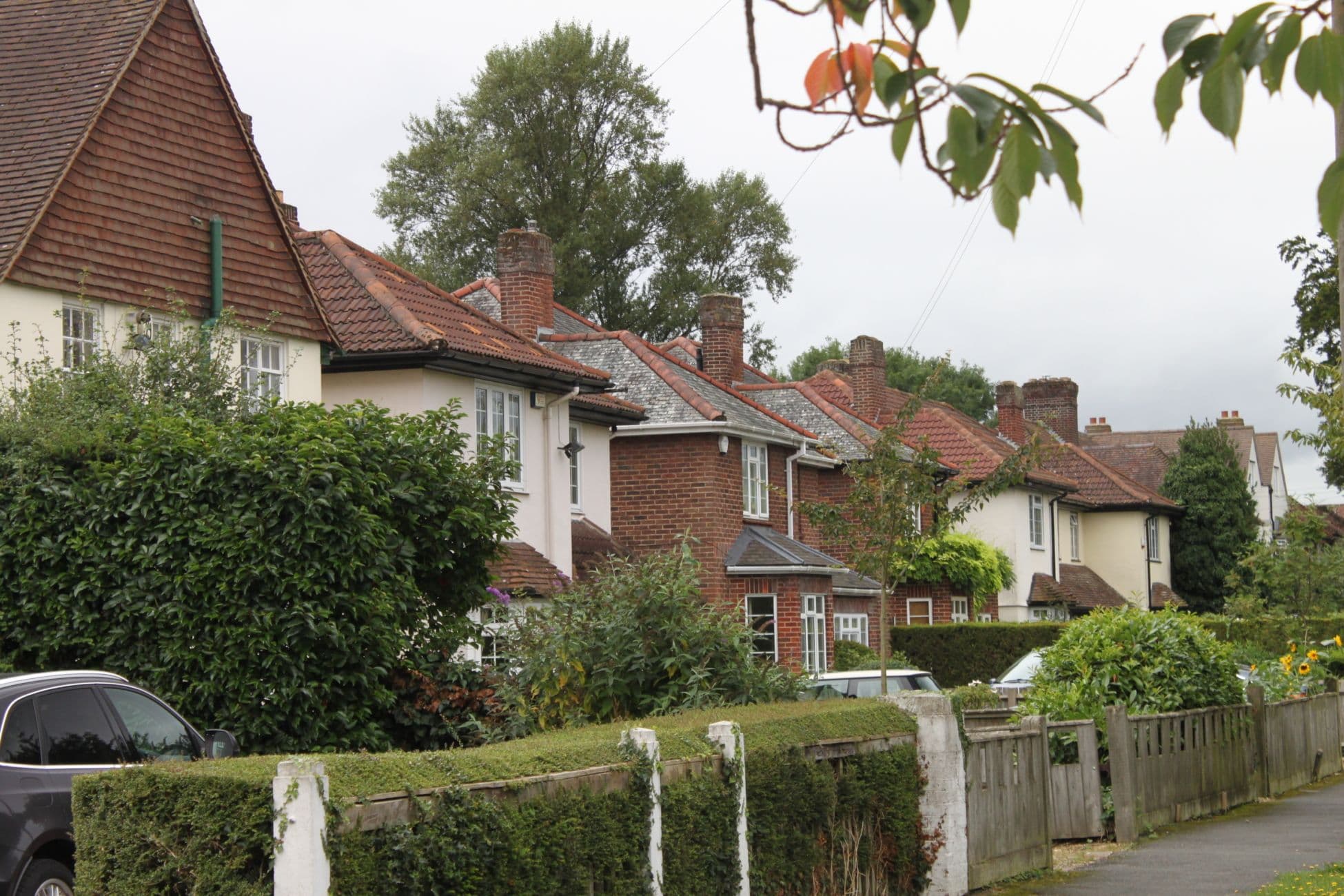Negotiating property effectively
Fear of losing a property and feelings of embarrassment or intimidation mean 30% of British homeowners did not negotiate the cost on their current home, according to a national survey.
This staggering statistic was revealed in a survey conducted by Barclays Mortgages to find out why Brits are so reluctant to pay the price they want and instead settle on the asking fee.
Negotiation is an important aspect of a property purchase and can be key to securing the right deal for you. In our latest blog, we outline our top tips that home buyers, investors and businesses should consider when purchasing property.
Before viewing
Even before you set foot in your potential new home, there are steps you can take to ensure you spend wisely.
Point one – know the market
The latest Land Registry figures state house prices in Oxfordshire have soared by more than 10% in the last year.
Updated statistics are helpful to understand when researching how much neighbouring properties have sold for in recent times. Previous sale prices can be accessed online via local property listing websites such as RightMove and Zoopla.
Point two – know your seller and the area
Why are they selling? How long have they lived at the property for? Are houses in the area selling quickly?
Answers to these questions can help you gauge how flexible the seller might be with the asking price. You’re less likely to pay under the odds when purchasing a property in a town or village where demand is high, for example.
Point three – know your budget
Before opening talks, it’s important to understand how much you can borrow and establish a ceiling price that you are prepared to pay. Doing this provides you with full control concerning what you can and cannot afford and helps you plan your bids.

During viewing
Point one – ask questions, and then ask more
Every piece of information you can extract from the seller can help you develop a strong understanding of how open they will be to negotiation. For example, sellers with children are more likely to want to reach an agreement quicker than an elderly couple downsizing.
Not all questions might be answered how you wish. But it is always worth having a pre-prepared list to hand so you can put yourself in the seller’s shoes and understand if the asking price is a realistic representation of what they’d expect.
Point two – sell yourself
Most properties hold great sentimental value to the seller. It could be the family home, a first home or one that holds particularly special memories.
Displaying your affection for the property is likely to help. Prospective buyers who give the right impression are not only more likely to submit a successful offer, but also a cheaper one too.
If you are a cash buyer or are chain free and can move quickly, then promote this. Sellers need confident, strong, buyers that can fulfil the deal. If several people are interested in a property it becomes a sellers’ market and these factors become key considerations for a seller when making a decision
Point three – don’t appear too keen
This might seem to contradict our second point, but do not come across too keen and allow yourself to become emotionally attached with a property before it’s yours.
Doing so can play into the hands of the seller who will develop an understanding for how interested you are.
Point four – establish a connection
It’s true, the more you get to know the seller and their agent, the more they get to know you – and the easier it becomes to reach an agreement.
Understanding the seller’s preferences can be mutually beneficial. Are they looking for a quick move, for example? And can you help them fulfil this?

Making an offer
Point one – start low and be specific
With the above considerations in mind, you should know how flexible the seller is likely to be. Almost all vendors will expect lower offers initially, so be realistic.
If your first offer is rejected, don’t give up hope. Instead, put a specific number on your second bid. Offering £244,650 – as opposed to £245,000 – might give the impression you are reaching the top end of your budget, meaning you are more likely to get a definitive answer.
Point two – be honest (the rule of three)
Don’t be afraid to walk away, and don’t fret admitting that your third offer will be your last. Not only does this avoid a potential bidding war where you could end up paying over the odds, it also puts you in control of the negotiation.
Barclays’ research found 7% of homeowners admitted not wanting to upset the seller was the reason behind why they didn’t negotiate. Buying a property is one of life’s biggest moments, it’s important to put your priorities before anyone else’s.
Point three – avoid bidding wars
Buyers run the risk of losing perspective amid a bidding war and you can quickly end up paying more than you first expected. To avoid this, make a strong offer under the condition that if it is accepted the property will be removed from sale.
Buyers’ ability to understand when to negotiate hard and when not to push is crucial to avoid getting tied up. Providing context to your offer might help the seller understand your position better and offer greater consideration.
Point four – be calm
If you hit a stalemate, don’t panic. Work with the estate agent and the seller to help all parties reach an agreement.
A strong relationship with the estate agent in question can go a long way in fulfilling this objective and providing you with an extra edge in the negotiation phase.
READ MORE: how to access off-market properties in Oxfordshire